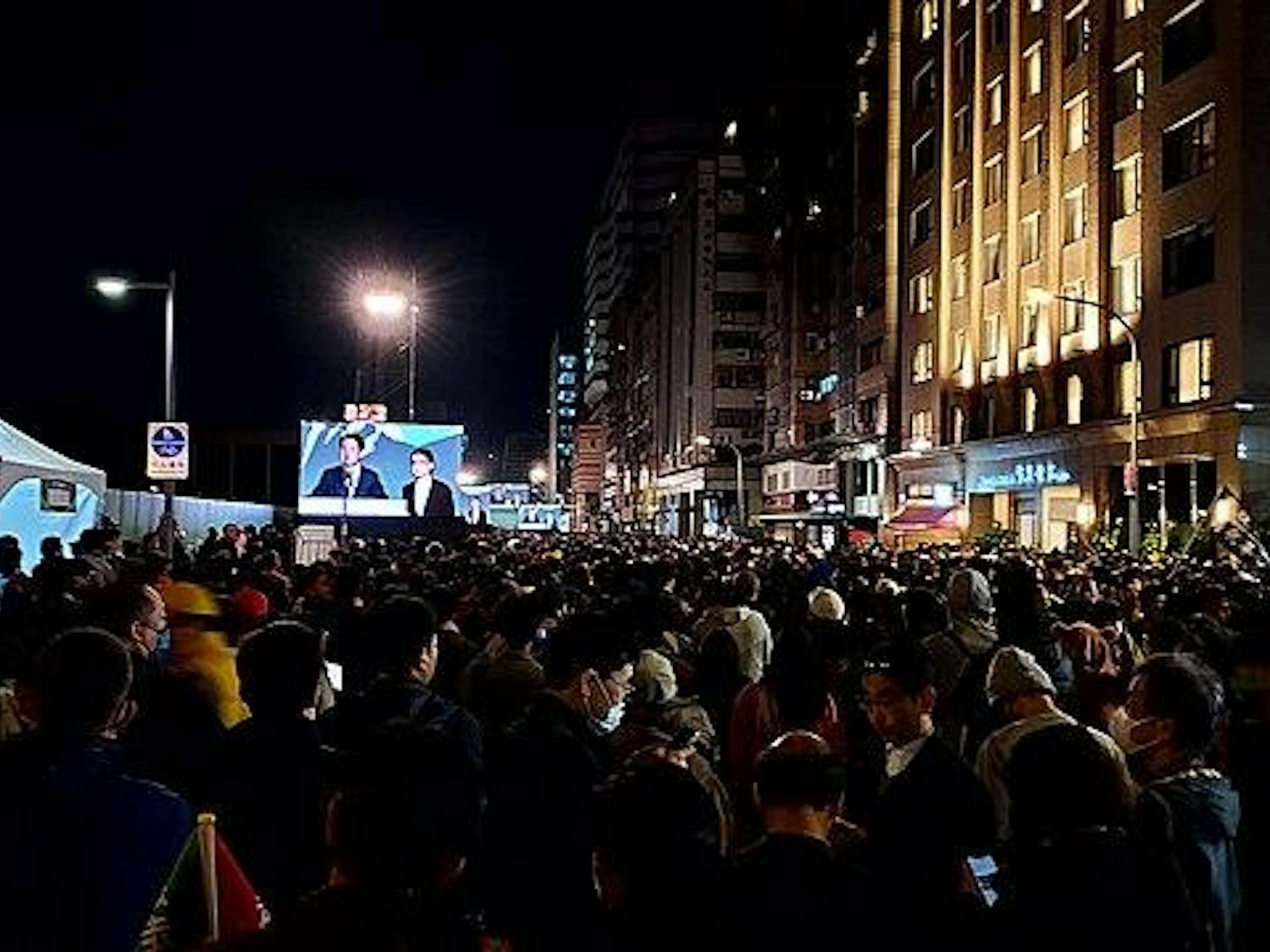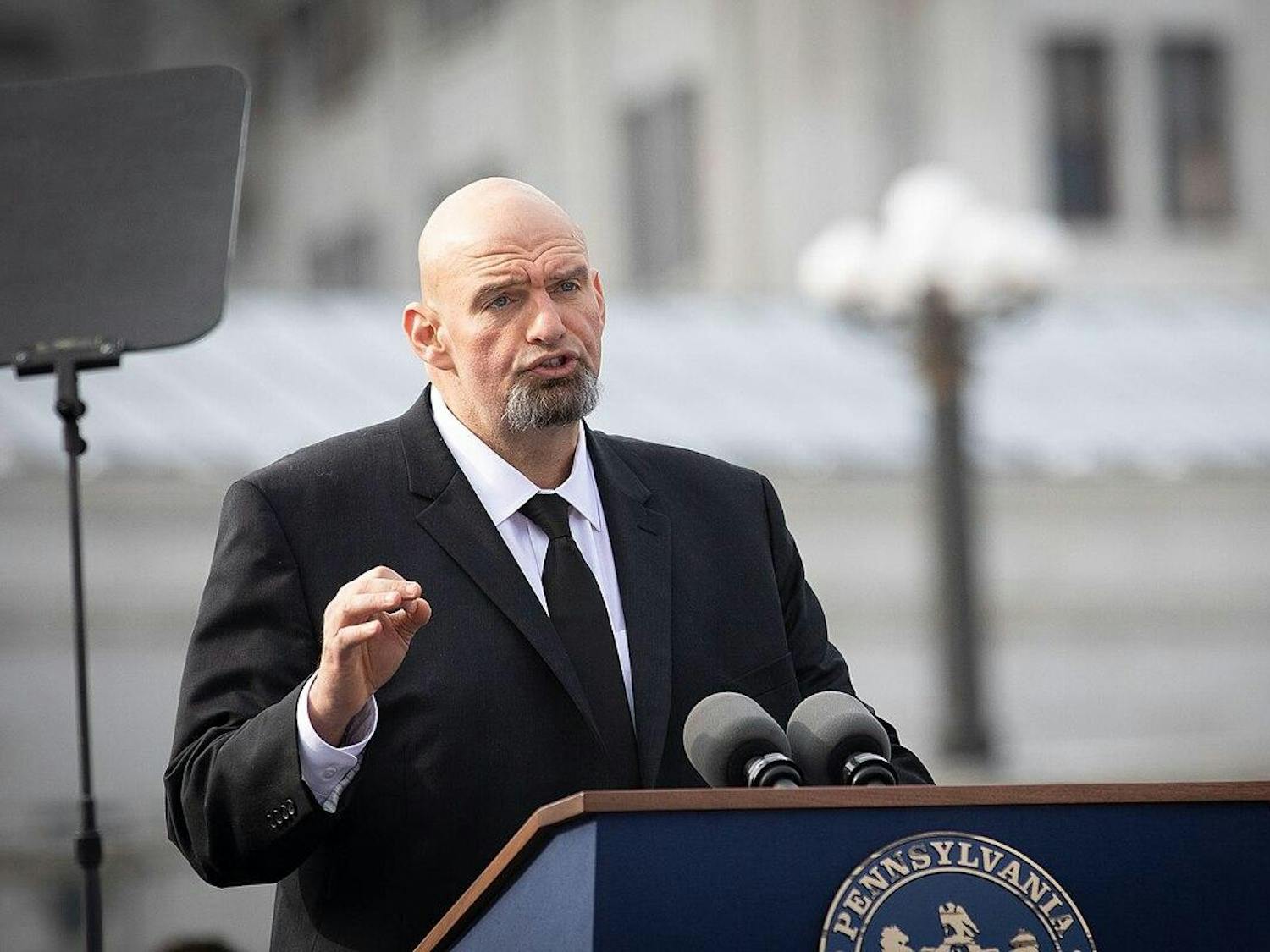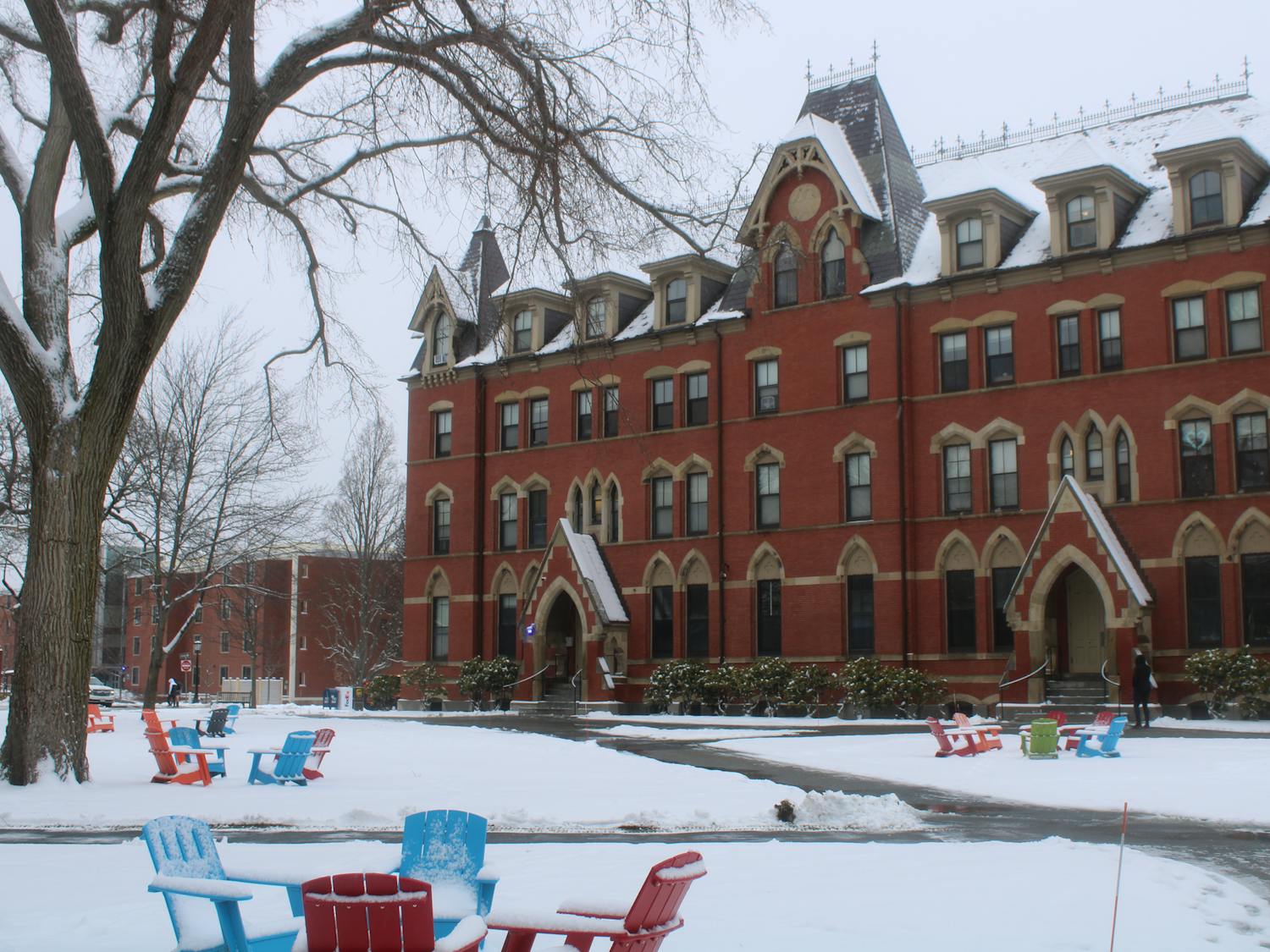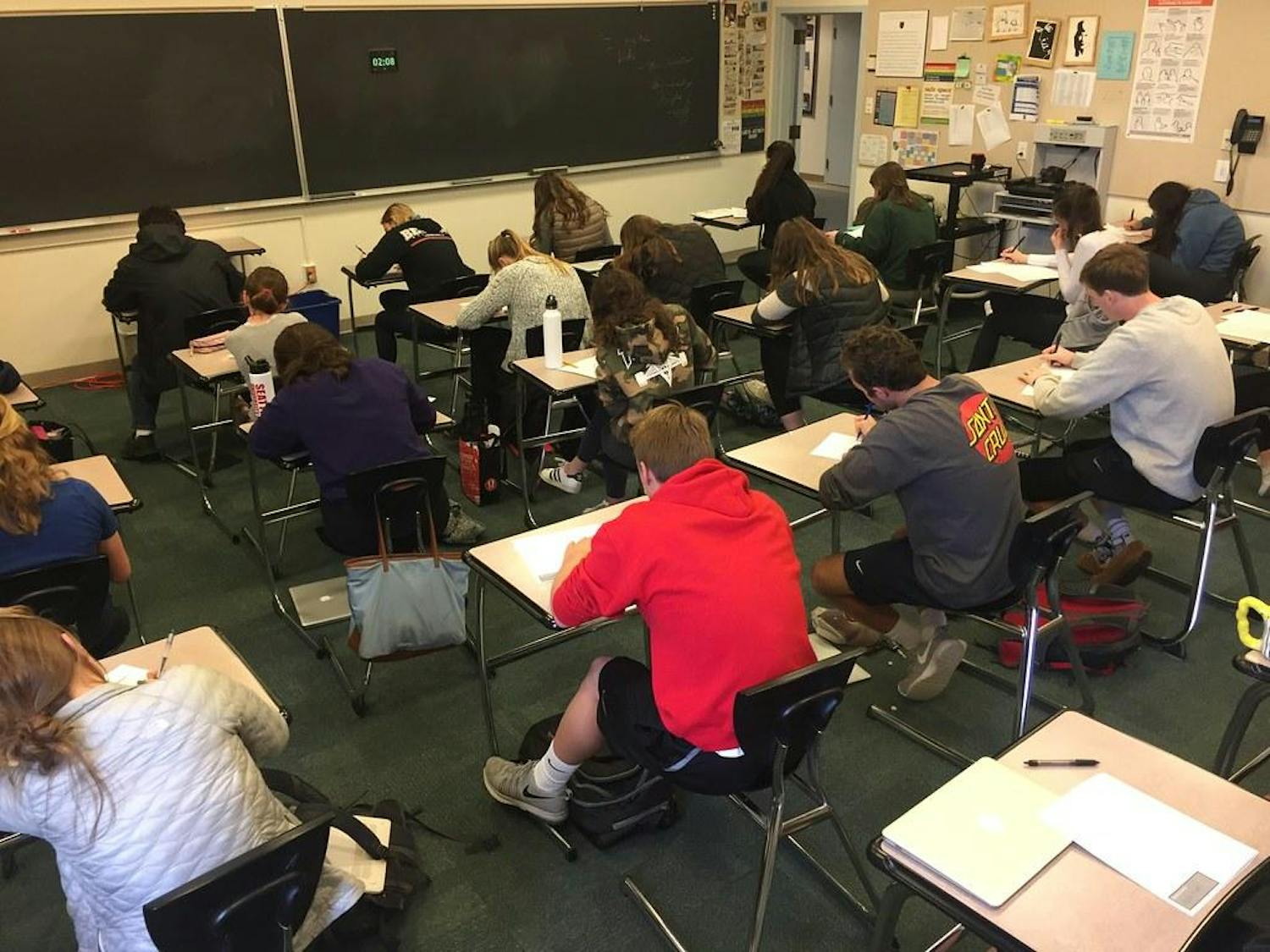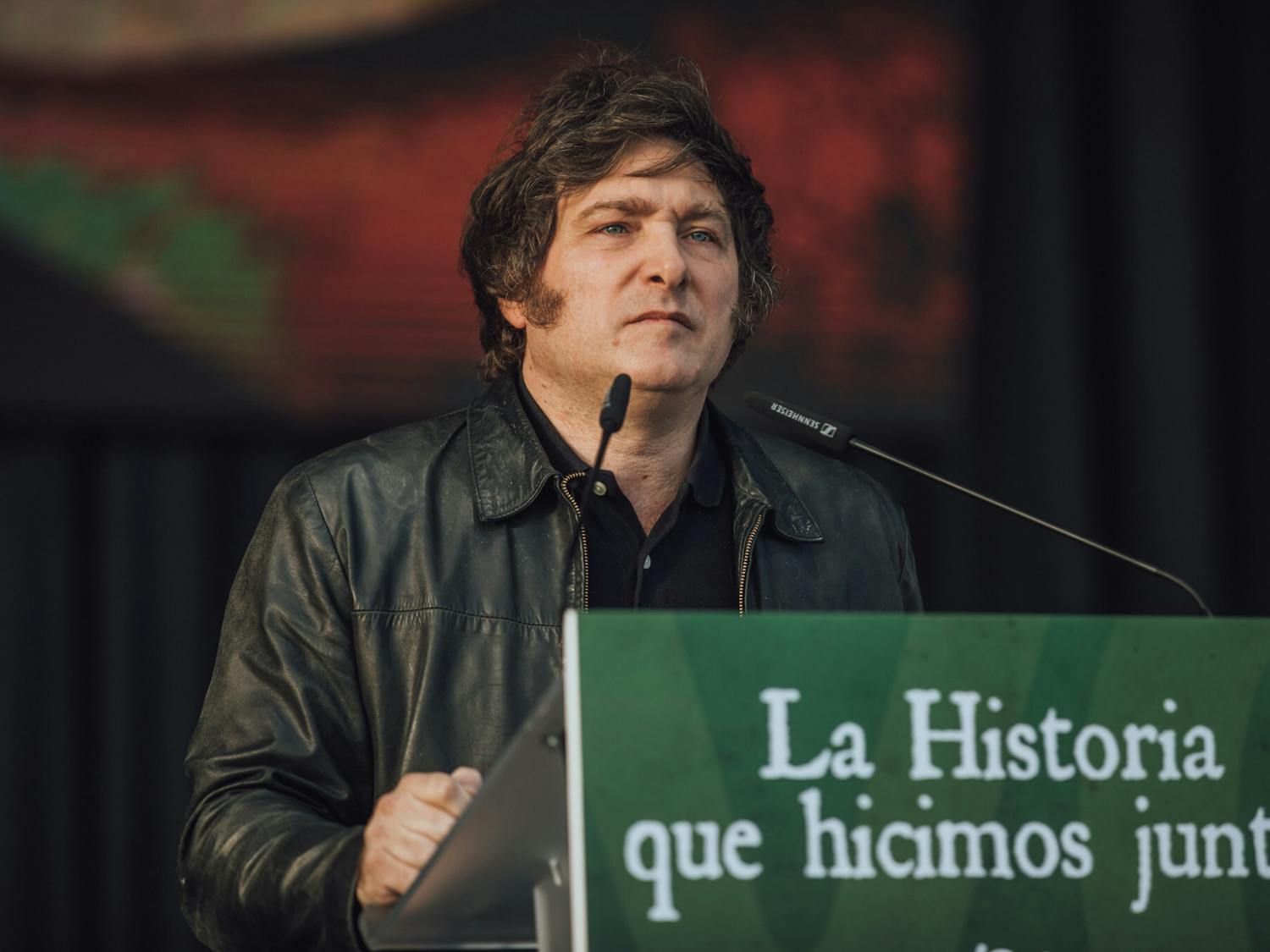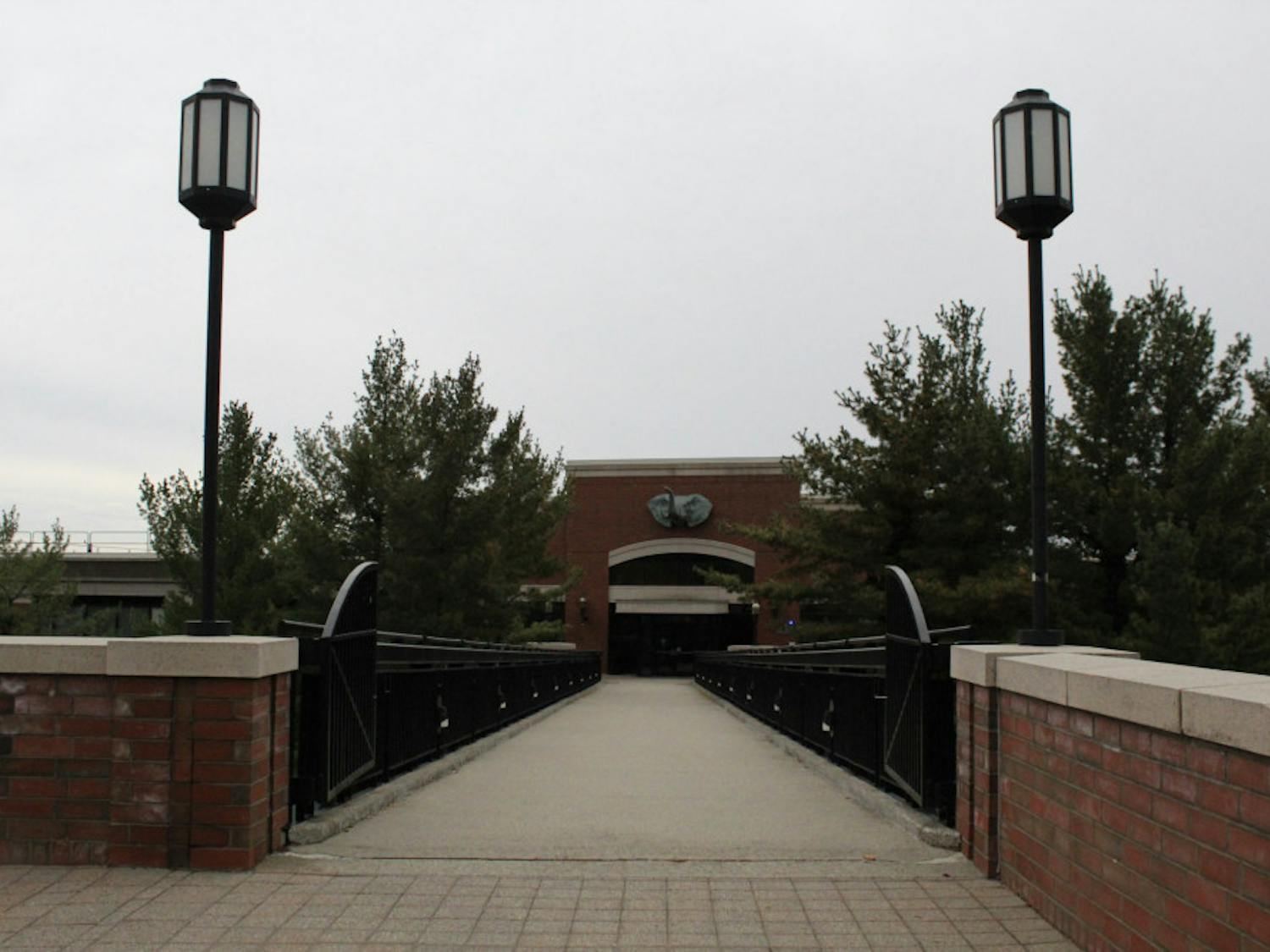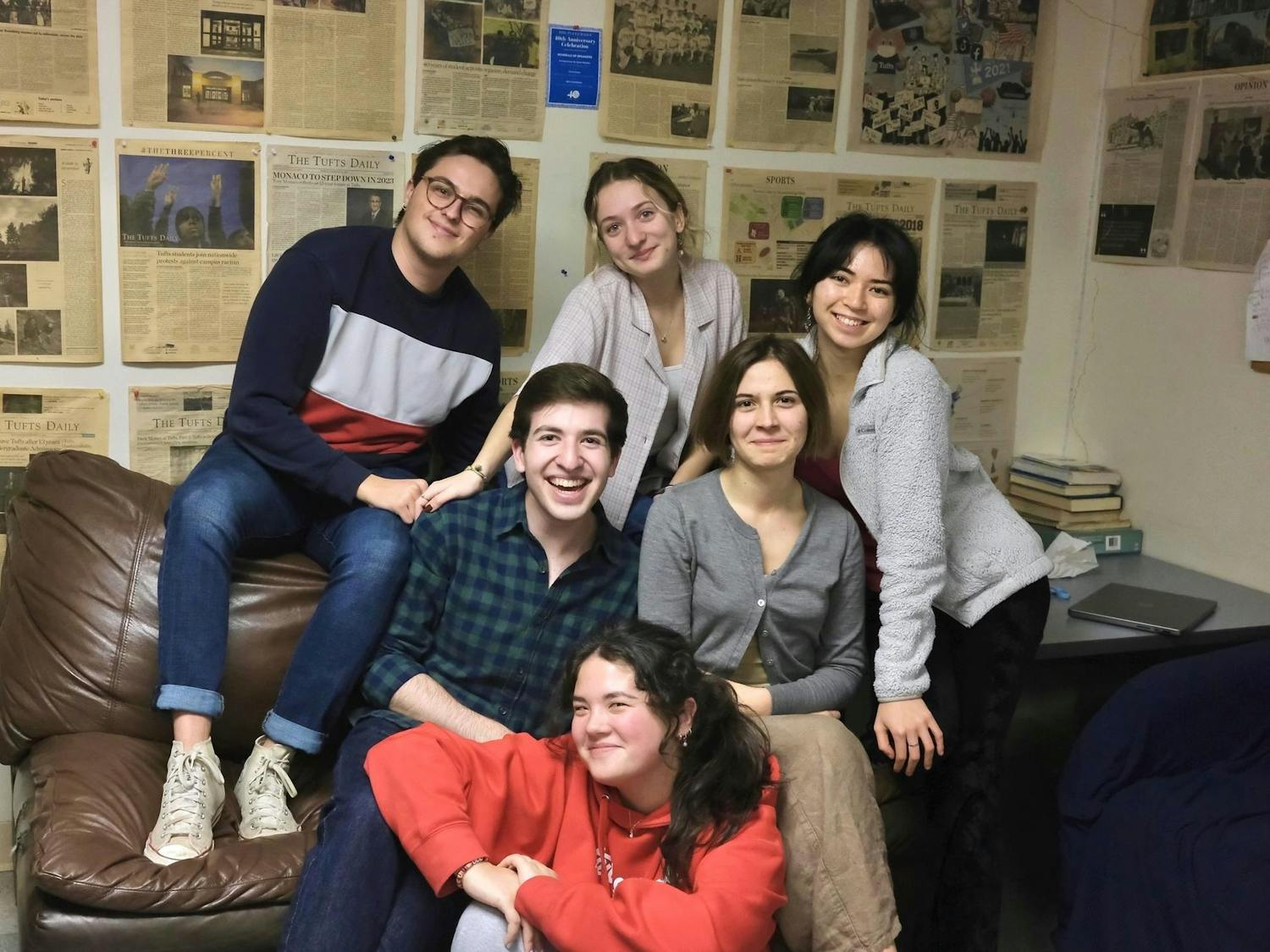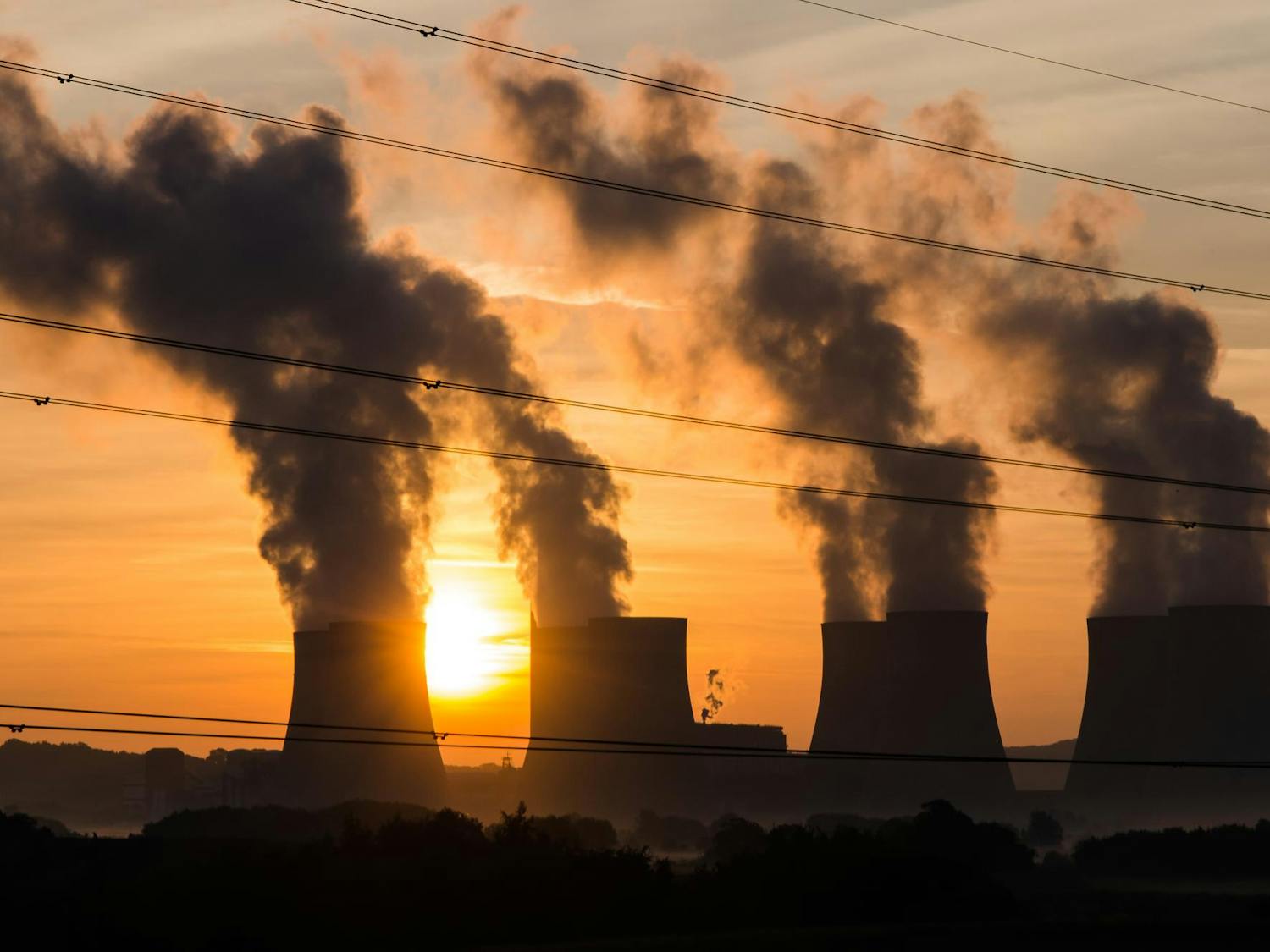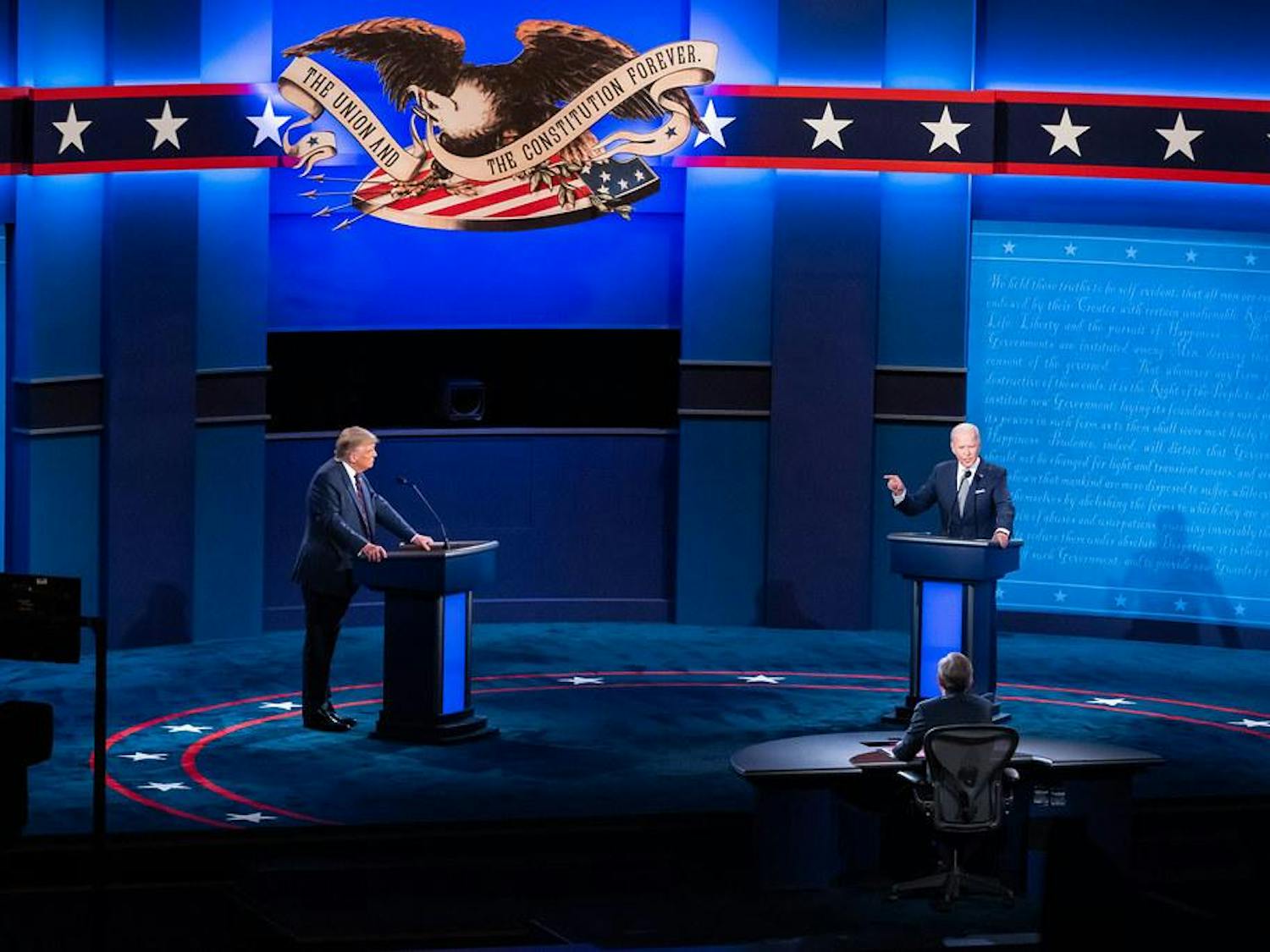Op-ed: The reasonable, humane majority still stands
By Asaf Grofman | January 26On Wednesday night, over 100 people packed a room at Tufts Hillel to hear Maya Roman, a relative of two Israeli hostages, tell her story. She spoke of the enormous pain she and her family are experiencing, the helplessness of their situation and the lengths to which they are going to bring them home.





